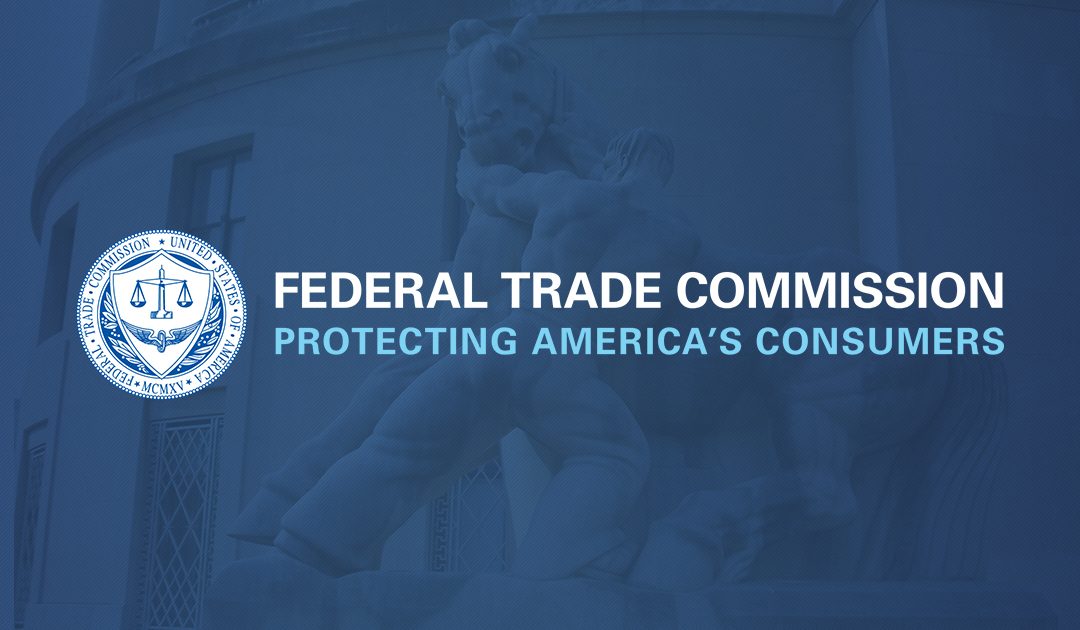This article was originally posted by the FTC. See the original article here.

If you’ve been looking for a COVID-19 test, you probably know that they are in short supply. Unfortunately, scammers love to “help” with shortages. They’ve created fake and unauthorized at-home testing kits, and they’re still at it with fake COVID-19 testing sites.
These fake sites can be hard to spot. They look real, with legitimate-looking signs, tents, hazmat suits, and realistic-looking tests. And the damage these fake testing sites can cause is very real.
We’ve heard reports of these sites claiming to have ‘free tests’ — but then you’re later billed — and sometimes never receive the test that was promised. Fake sites are taking people’s personal information, including Social Security numbers, credit card information, and other health information — which can be used for identity theft or to run up your credit card bill.
Worst of all, they’re not giving people the help they need to stay healthy.
Here are a few things to keep in mind when looking into testing sites.
- Get a referral. Go somewhere you have been referred to by your doctor or state or local health department’s website. In other words, don’t trust a random testing site you see around town.
- Check the source. Did you hear about a new testing site on a neighborhood social media group or email listserv? That “neighbor” could actually be a scammer. See if the site is also listed on your state or local health department’s website.
- Not sure if a site is legit? Check with your local police or sheriff’s office. If a legitimate testing site has been set up, they should know about it. And, if a fake testing site is operating, they’ll want to know.
Think you already went to a fake site? If you shared your credit card information, plan to dispute the charge.
Spotted a fake COVID-19 testing site? Tell your local police or sheriff’s office. And then tell us at ReportFraud.ftc.gov.
Brought to you by Dr. Ware, Microsoft Office 365 Silver Partner, Charleston SC.



Recent Comments